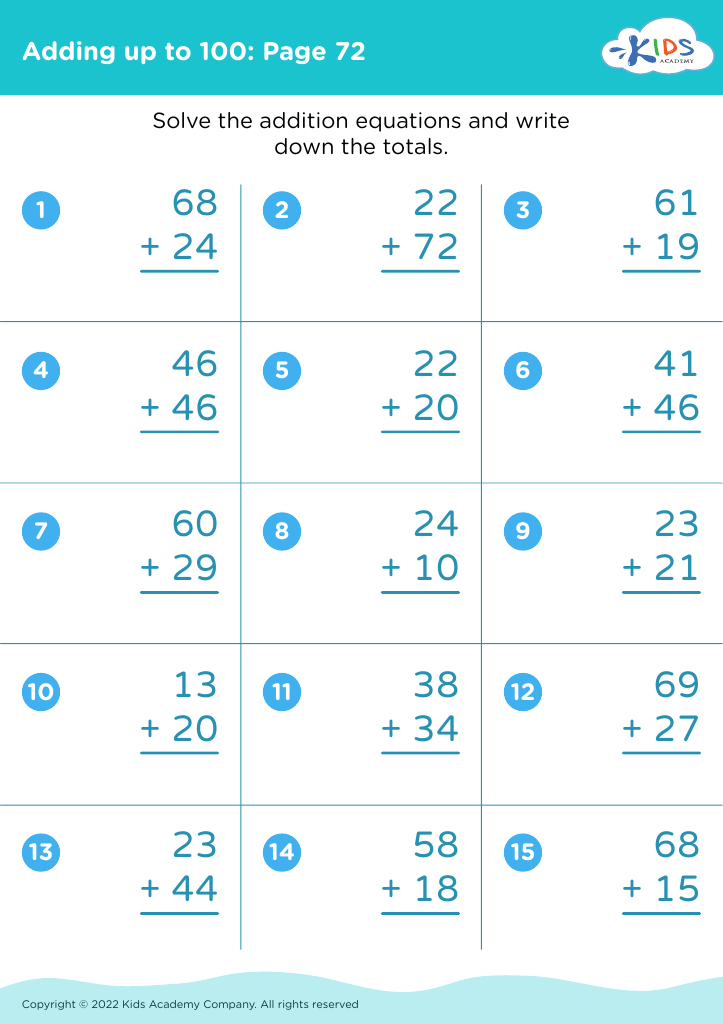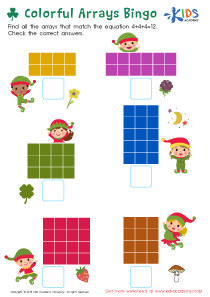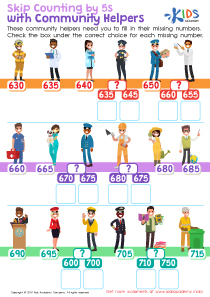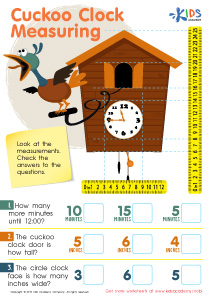Enhance fine motor skills Grade 2 Math Worksheets
3 filtered results
-
From - To
Enhance fine motor skills with our engaging Grade 2 Math Worksheets designed for young learners! These worksheets make practicing essential math concepts fun while developing hand-eye coordination and dexterity. Filled with interactive activities such as tracing, cutting, and coloring, students will enjoy practicing numbers, addition, subtraction, and shapes in a creative way. Perfect for classroom use or at-home learning, our worksheets cater to various learning styles and encourage independent problem-solving. Watch your child strengthen their fine motor abilities while gaining confidence in their math skills. Get started today for a playful and effective learning experience!
Enhancing fine motor skills is crucial for Grade 2 students as it directly impacts their overall learning and development, especially in math. Fine motor skills involve the coordination of small muscle movements, typically in the hands and fingers, which are essential for tasks like writing, drawing, and manipulating objects. As children engage with math in Grade 2, they encounter various hands-on activities that require precision, such as writing numbers, measuring with rulers, and using manipulatives like blocks or counters for addition and subtraction.
Without well-developed fine motor skills, students may struggle with these tasks, leading to frustration and diminished confidence in their abilities. This can hinder their mathematical understanding and overall academic performance. Moreover, proficient fine motor skills contribute to better handwriting and the ability to follow multi-step procedures, which are vital in solving math problems accurately.
Parents and teachers who prioritize fine motor skill development can provide engaging activities like cutting, coloring, and crafting, which lay the groundwork for both math success and other learning experiences. By focusing on these skills, they help foster independence, creativity, and a positive attitude toward learning—important qualities that serve students not just in math, but across all subjects in school.




















